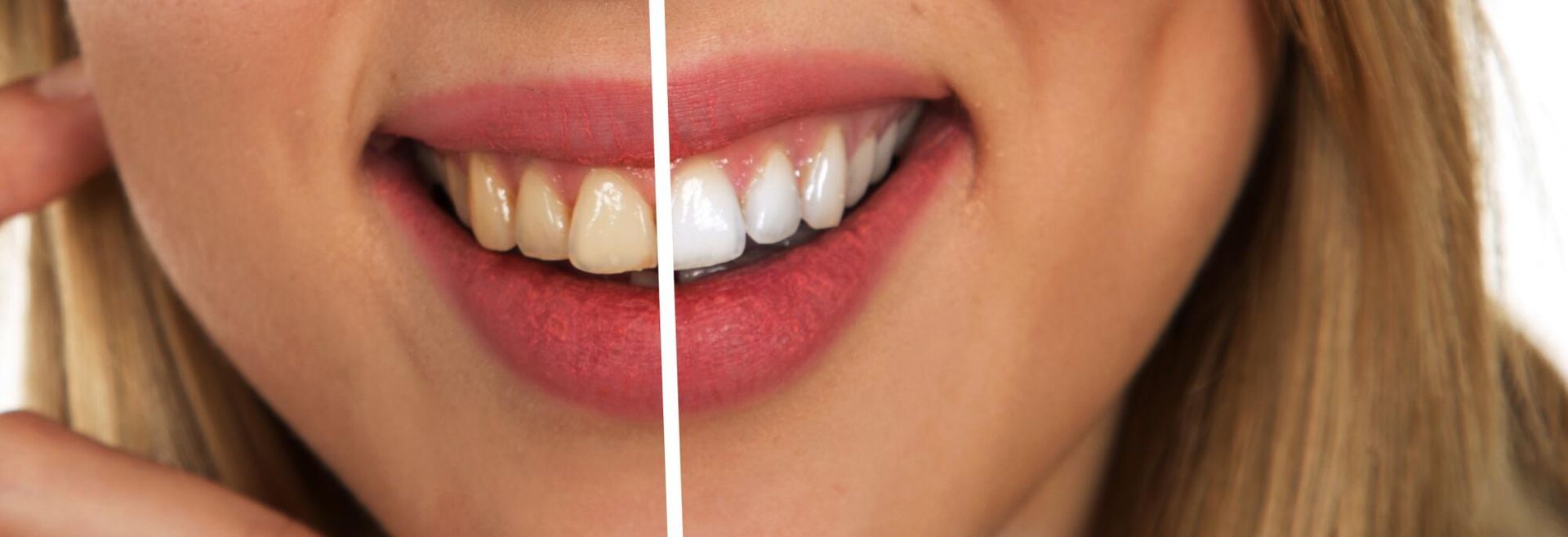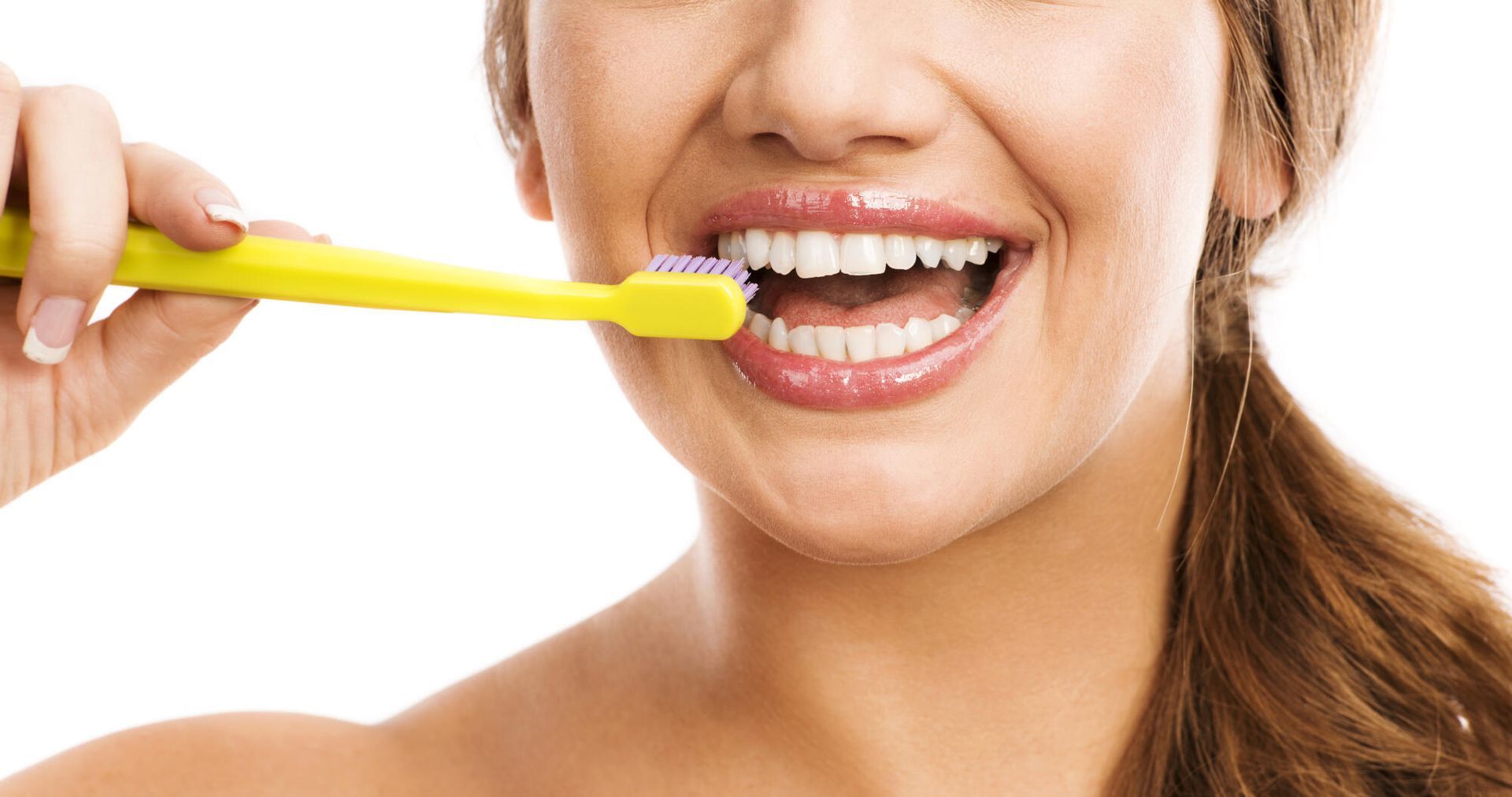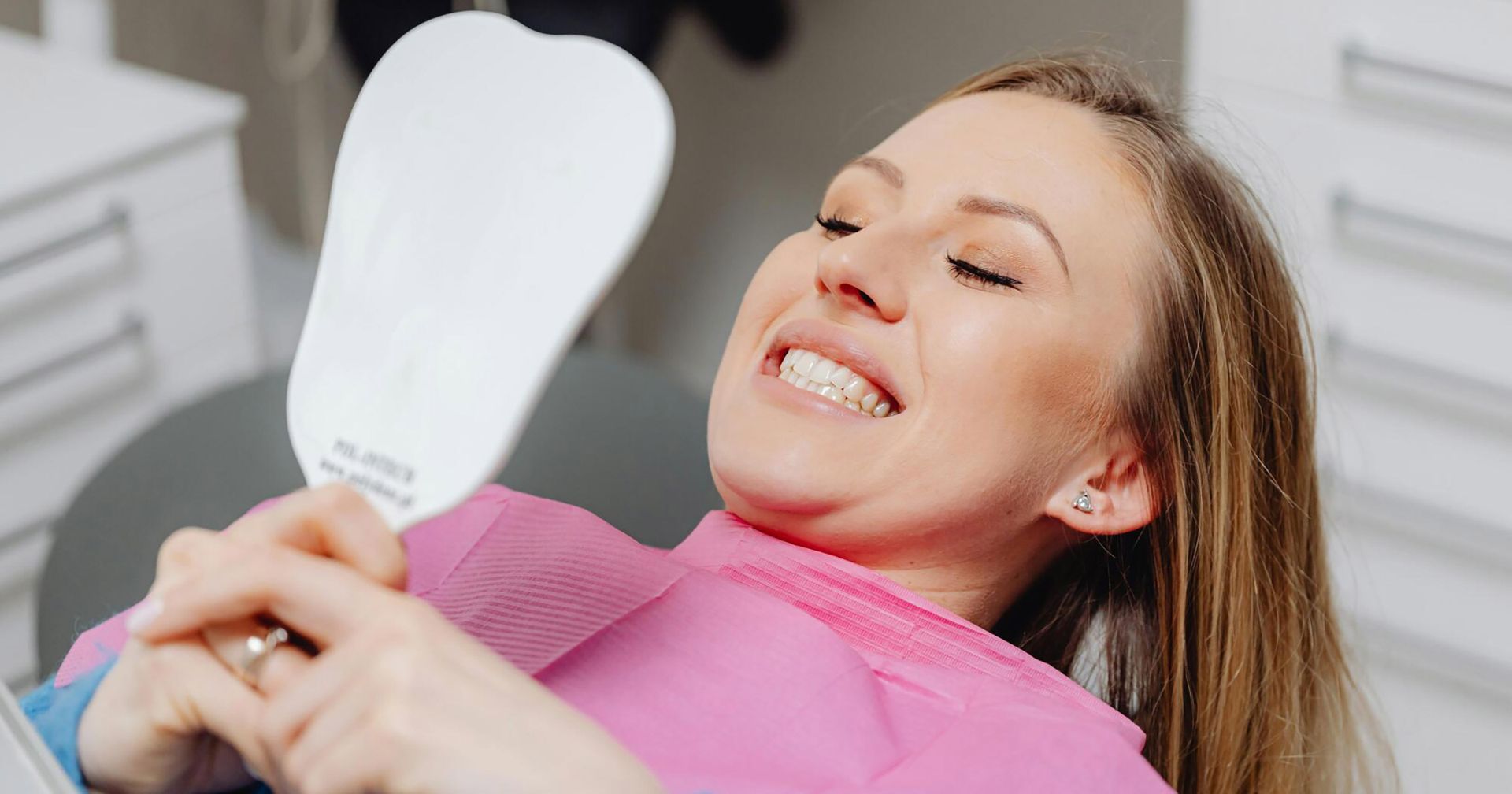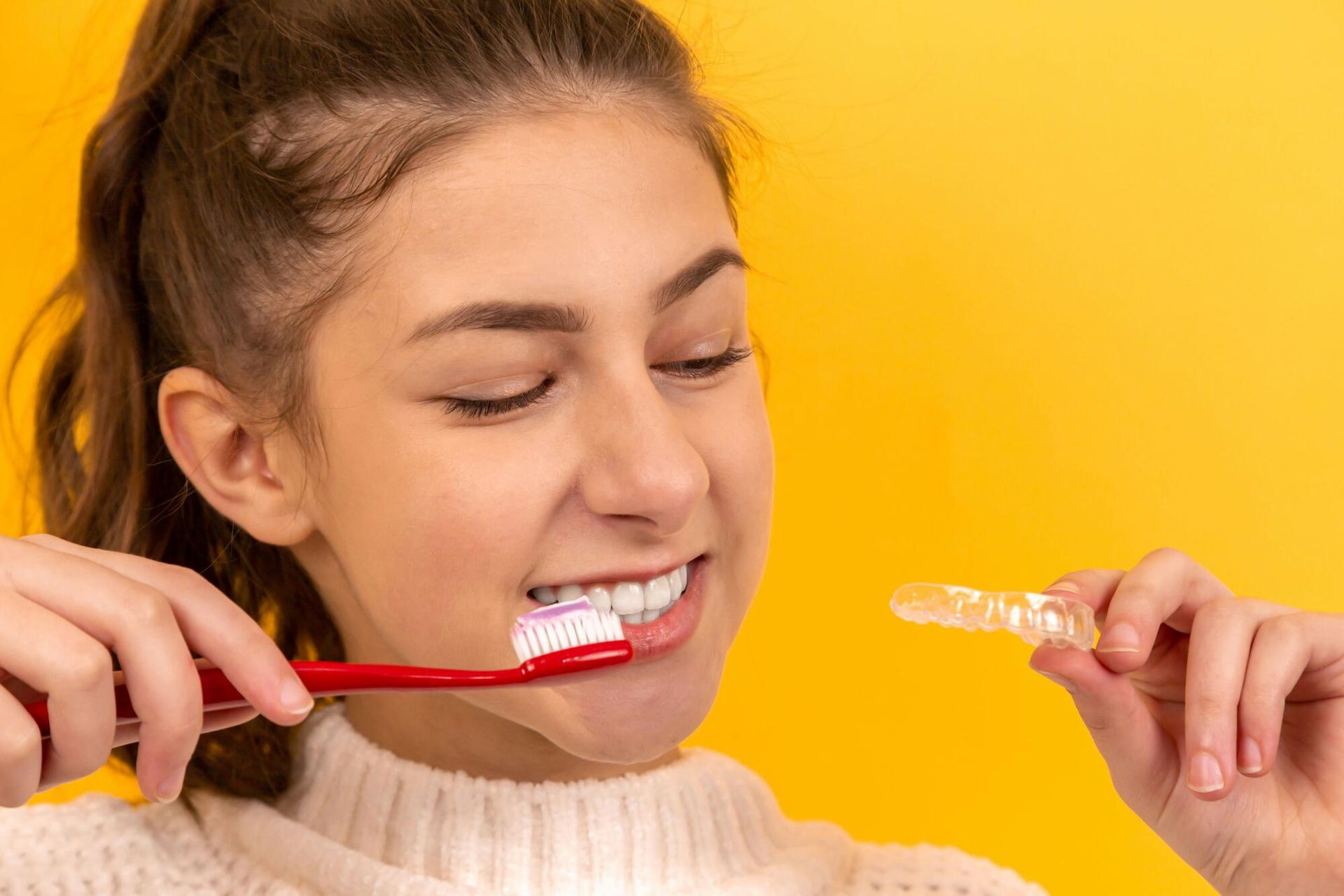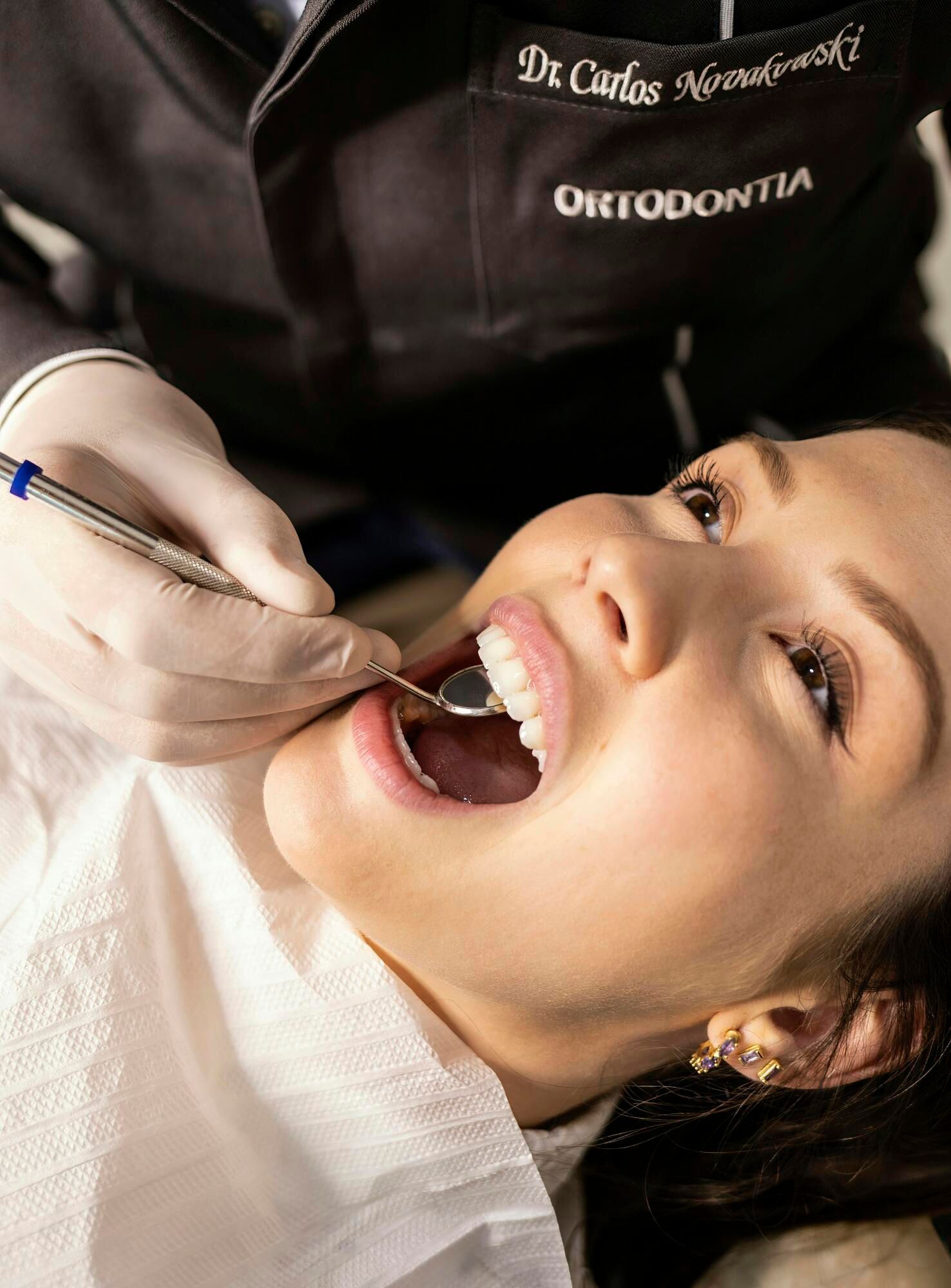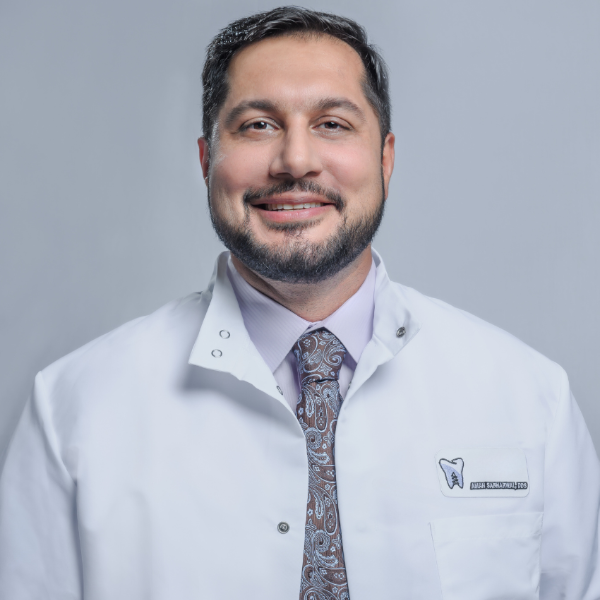7 Proven Dental Habits That Protect Your Family's Oral Health
How can you enhance your family’s oral health? Explore 7 effective dental habits that lead to healthy teeth.
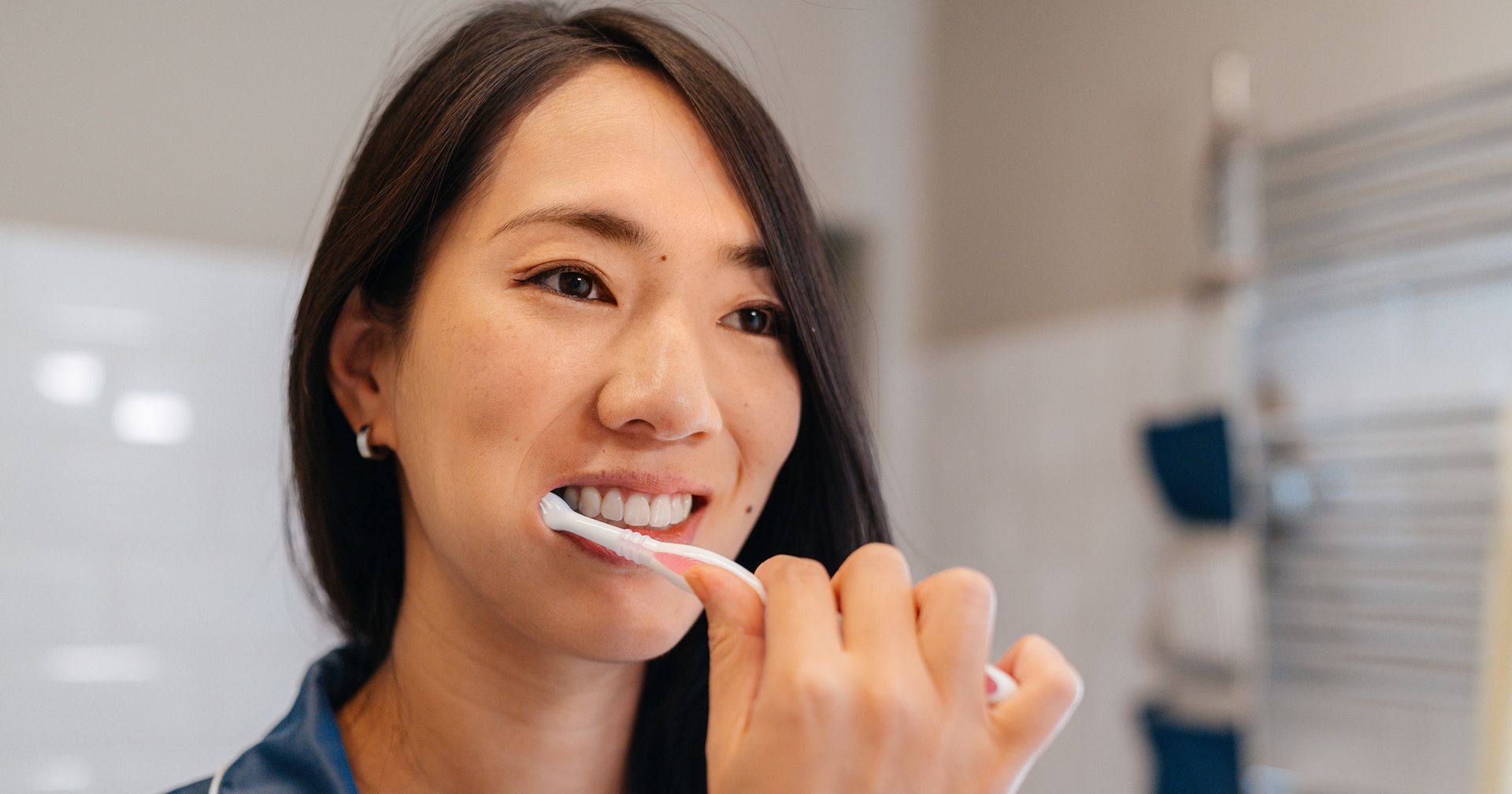
Strong dental habits are the single biggest driver of lifelong oral wellness for every member of your household. Put the right routines in place, and you reduce cavities, improve gum health, and make every checkup faster and easier.
At Simply Smiles DDS, our preventive focus turns everyday choices into long-term wins. These seven oral hygiene habits are simple, science-backed, and easy to keep, whether you are teaching a toddler to brush or helping a teen protect their smile during sports.
Why Are Strong Dental Habits Important for Family Wellness?
Healthy teeth support clear speech, confident smiles, and comfortable eating at every age. When your family commits to the same set of routines, you get compounding benefits that last for years.
Habits are powerful because they work quietly in the background, day after day. With a few small changes, you can protect enamel, reduce plaque, and keep gums calm and healthy.
See how our preventive approach supports families in Ashburn by exploring preventive dentistry. Two routine visits can shape twelve months of oral wellness.
Habit 1: Brush With the Right Technique
Brushing twice daily is essential, but technique is what unlocks real results. Aim for two minutes, use a soft-bristled brush, and keep gentle, circular motions along the gumline.
Change brushes every three months or sooner if bristles fray. If dexterity is an issue, an electric brush helps maintain consistent pressure and timing so the whole mouth gets equal care.
For step-by-step hygiene guidance and visit timing, review our page on dental hygiene and checkups. Simple adjustments today build stronger enamel tomorrow.
Habit 2: Floss Daily for Gum Health
Flossing removes plaque where brushes cannot reach. Work gently between teeth, curve the floss into a C-shape, and move up and down along each side of the tooth.
If floss is tricky for small hands, try flossers or interdental brushes. Consistency matters more than the tool you choose, so pick the option your family will use every day.
Learn why interdental cleaning is a cornerstone of oral wellness inside our primer on what dental hygiene is. You will see how gum care and cavity prevention work together.
Habit 3: Prioritize Regular Dental Checkups
Professional exams and cleanings catch issues before they become emergencies. Early detection saves enamel, lowers cost, and keeps treatment conservative and comfortable.
The accumulation of tartar happens at different rates, even if you're brushing regularly. Cleanings remove calcified tartar that home tools cannot reach, while digital x-rays help us monitor growth and hidden decay. Kids also benefit from fluoride and sealants for extra protection.
See the visit rhythm we recommend and what to expect at each appointment by visiting our page on hygiene and checkups. A steady schedule keeps smiles steady, too.
Habit 4: Build Healthy Habits Early for Kids
Children copy what they see. Make brushing a family activity, use a timer or song, and celebrate small wins to build momentum.
Introduce floss as soon as teeth touch, and ask about sealants once molars erupt. Emphasize water, not juice, between meals to keep sugars low and saliva flowing.
Parents can find complete guidance in our resource on building healthy habits early. Good routines formed in childhood are the easiest ones to keep for life.
Habit 5: Maintain Oral Care While Traveling
Vacations and tournaments can throw routines off, but your smile does not have to take a break. Pack a travel kit with a brush, small toothpaste, portable water flossers, and a compact rinse.
Limit on-the-go sugary snacks and sip water often to neutralize acids. If you forget a brush, rinse with water after meals and brush as soon as you can.
Grab a family-friendly packing checklist from our article on oral care on the go. Smart prep keeps healthy teeth habits strong, even on the road.
Habit 6: Choose a Smile-Friendly Diet
Food fuels oral health. Focus on calcium-rich dairy or fortified alternatives, lean proteins, leafy greens, and crunchy produce that stimulates saliva and gentle mechanical cleaning.
Reserve sweets for mealtimes, not grazing, and keep acidic beverages to a minimum. Water remains the most underrated habit booster for every age.
For a broader view of how daily choices shape outcomes, skim our overview of why oral hygiene is important. Small swaps deliver big gains over a year.
Habit 7: Make Preventive Care Your Default
Preventive dentistry ties all your habits together. Cleanings remove buildup, exams confirm what is working, and timely interventions keep treatments simple.
Ask about fluoride options for cavity-prone family members, custom sports mouthguards, and sealants for newly erupted molars. Prevention is a plan, not a guess.
Walk through essential services inside our guide to types of preventive care.
Between checkups, track any changes like gum bleeding, tooth sensitivity, or small chips before they become larger problems. Keep a family dental calendar or set phone reminders for brushing supplies and appointment dates.
How Simply Smiles DDS Supports Family Dental Care
Our team blends modern diagnostics with a calm, family-first approach. We create personalized plans, explain options clearly, and celebrate progress at every visit.
The goal is simple--make healthy routines easy to do and easy to repeat. When care feels friendly and predictable, families show up, and smiles stay strong.
See our philosophy and browse services anytime on the Simply Smiles DDS homepage. You will find practical tips you can use tonight.
Frequently Asked Questions
How Do I Know If My Child Is Brushing Long Enough?
Two minutes, twice a day, is the gold standard. You can use a timer, a favorite two-minute song, or a smart toothbrush app that tracks time and technique. Turning brushing into a fun routine helps kids develop confidence and consistency--and reduces the "rush and rinse" habit.
What's the Best Order: Floss or Brush First?
Flossing first helps remove debris and plaque between teeth so brushing can reach more surfaces. It also allows fluoride from toothpaste to coat those freshly cleaned areas, giving better protection against cavities.
Are Sports Drinks Bad for Teen Athletes?
They can be if used too often. Sports drinks are acidic and sugary, which weakens enamel when consumed frequently. Encourage water for everyday hydration, saving sports drinks only for long training sessions or games lasting over an hour.
How Often Should Electric Brush Heads Be Replaced?
Every three months, or sooner if the bristles fan out. Frayed bristles can scratch enamel and fail to remove plaque effectively. Some brushes include reminder lights or color-fade bristles--simple cues that help families stay on schedule.
Do Sealants Replace Daily Brushing and Flossing?
No. Sealants create a smooth barrier over chewing surfaces but don't protect the sides of teeth or gumlines. Brushing and flossing remain essential to prevent plaque buildup and gum irritation.
What if Someone in Our Family Has Sensitive Teeth?
Use a soft-bristled brush, gentle circular motions, and toothpaste designed for sensitivity. Avoid whitening pastes that can increase discomfort. If sensitivity lasts more than a week, schedule an exam to rule out cavities or enamel wear.
Can Children or Teens Get Same-Day Crowns or Fillings?
Yes, depending on age and tooth development. Teenagers with permanent teeth can benefit from same-day restorations if decay or fractures occur. For younger kids, minimally invasive fillings or protective sealants are usually the first step.
How Does Diet Affect Family Oral Wellness?
Diet shapes enamel strength and gum health more than most realize. Calcium-rich foods, crunchy fruits, and fibrous vegetables naturally clean teeth and stimulate saliva. Limit sticky snacks and frequent sipping on sweet drinks--they feed bacteria and increase acid exposure.
How Can Parents Encourage Kids to Floss Daily?
Lead by example. Make flossing part of the family's nightly routine, and use colorful floss picks or holders for kids. Turning it into a shared activity--not a chore--makes the habit stick faster.
Are Dental Visits Every Six Months Enough?
For most families, yes. However, kids with braces, adults with gum concerns, or anyone prone to decay may need more frequent visits. Your dentist will personalize a schedule that fits your family's needs.
What if My Family Travels Often?
Keep a small travel kit in every bag--toothbrush, floss, toothpaste, and a foldable rinse cup. Choose travel-sized fluoride toothpaste and pack extra brushes for kids. Quick rinsing after meals helps maintain hygiene until you can brush properly.
Should I Replace My Toothbrush After Illness?
Yes. Germs can linger on bristles even after rinsing. Replace each brush once recovery is complete to avoid reinfection, especially after colds, flu, or strep throat.
How Can We Prevent Cavities Between Visits?
Maintain consistent routines: brushing, flossing, balanced nutrition, and plenty of water. Ask your dentist about fluoride varnish or sealant treatments for added protection.
Keep Your Family Smiling with Simple Dental Habits
Dental habits work because they are simple enough to repeat and strong enough to protect every smile in the house. With steady brushing, daily flossing, smart food choices, and regular checkups, you build health that lasts.
To help his patients achieve beautifully aligned smiles that are healthier and easier to keep clean, Dr. Sabharwal now offers the SureSmile system of orthodontic treatment. This advanced aligner technology gives patients the best results in the shortest time, making prevention and daily care even more effective.
See if you're a good candidate for Simply Smiles, explore practical routines, timely prevention, and family-friendly tools across the preventive dentistry and oral hygiene resources at Simply Smiles DDS.
Your next great habit could start tonight.
